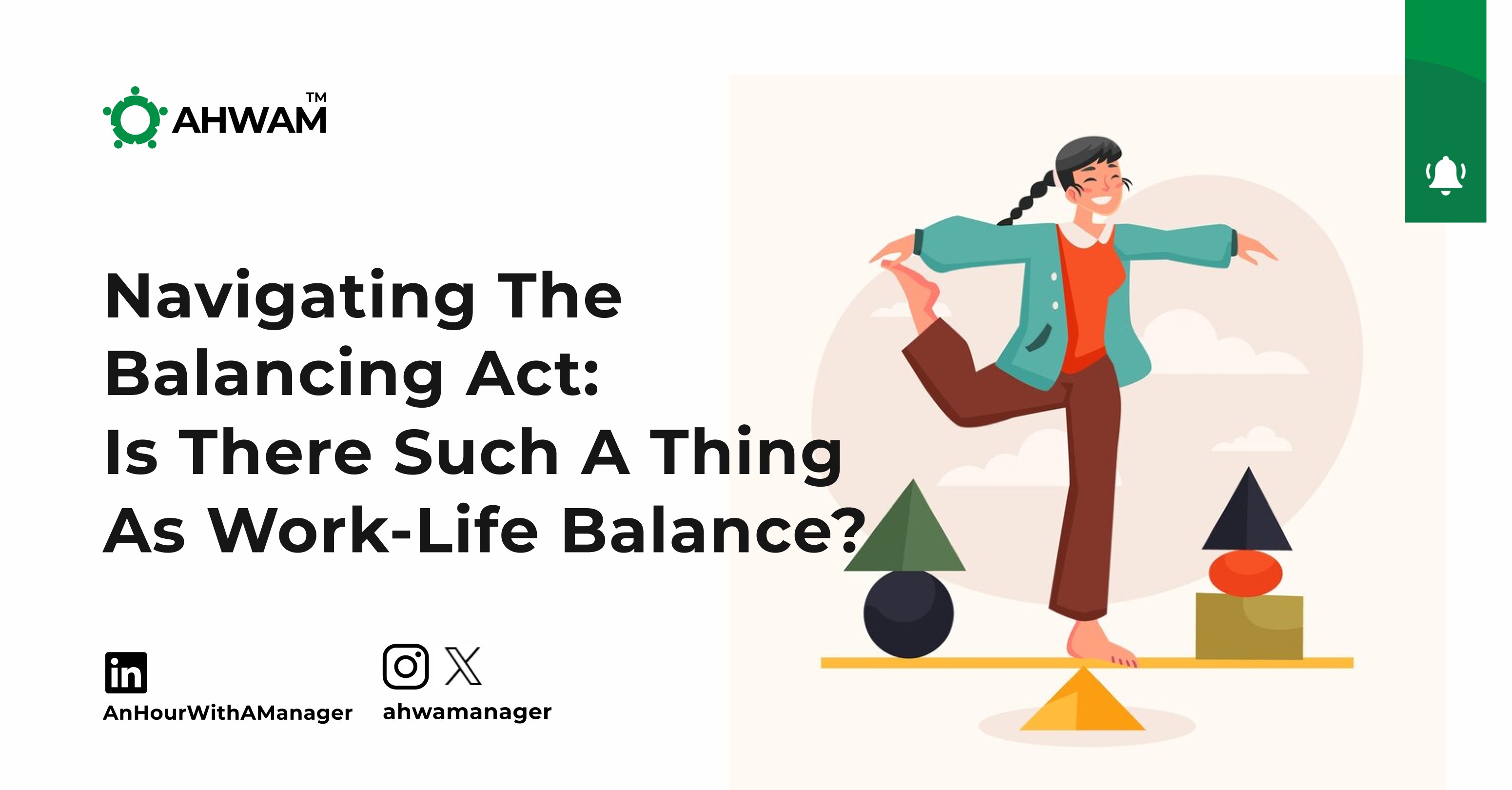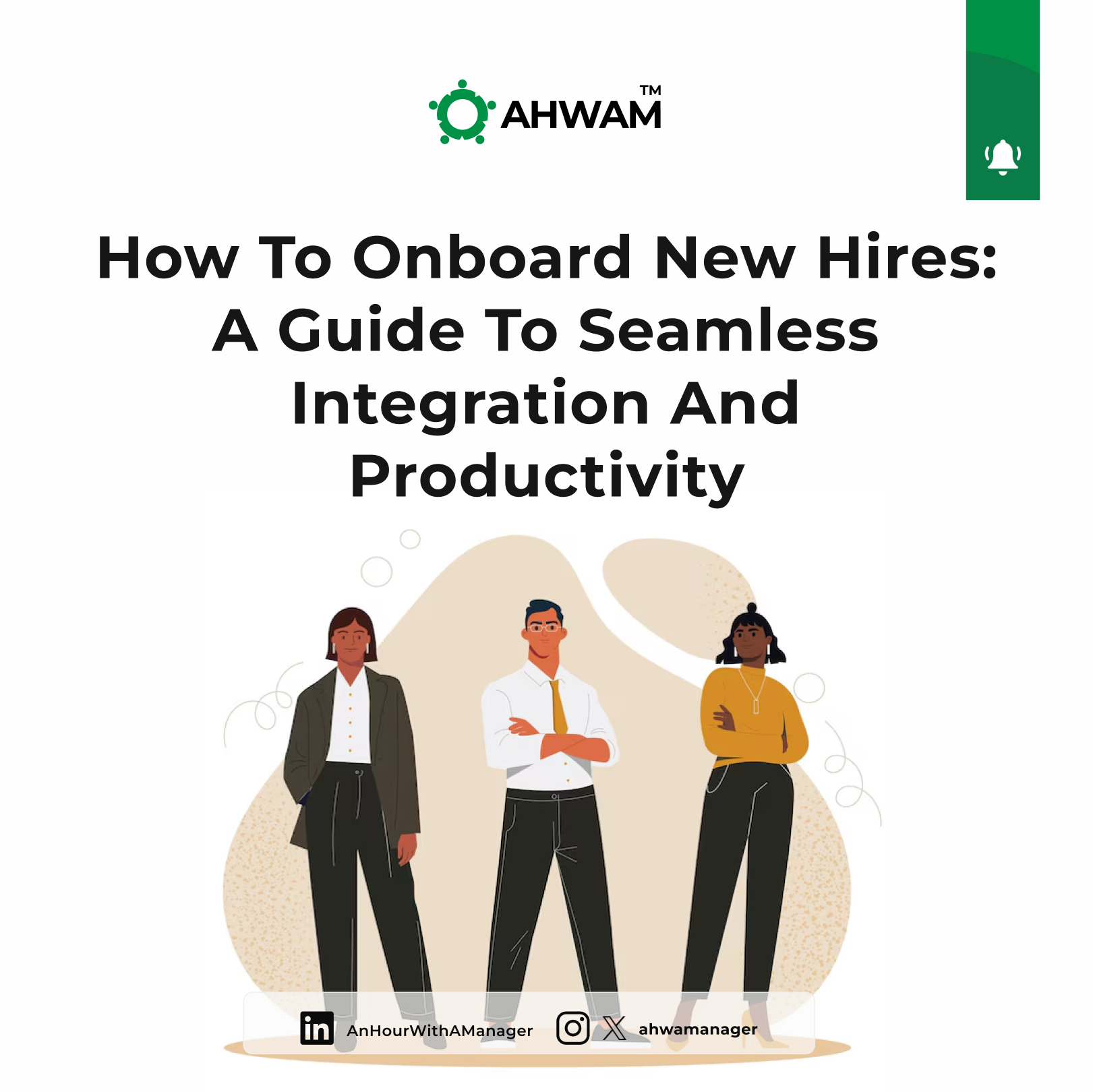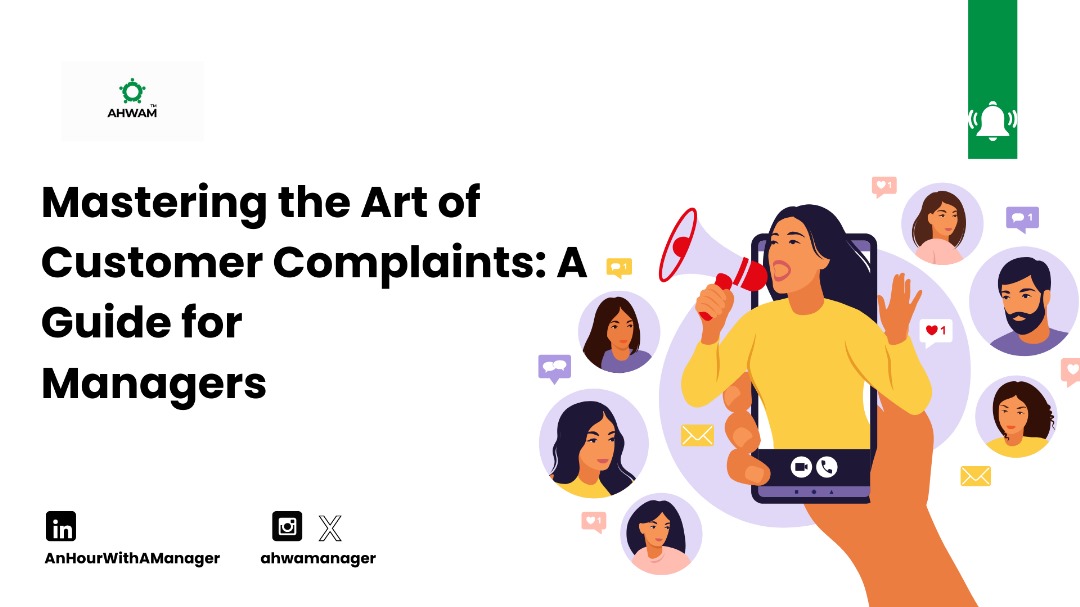Have you noticed the discussions that surround being able to manage your work and personal life and career lately, and how it has become somewhat of an argument, especially between the different generations? The millennials say there is no such a thing as work-life balance, while on the other hand, the Genz think work-life balance is the hallmark of living a balanced and fulfilled life.
In today's fast-paced world, finding a harmonious balance between work and personal life can feel like an elusive goal. However, it's essential to prioritize our well-being and ensure that our professional pursuits don't overshadow our personal lives. In this newsletter, we'll explore strategies to achieve work-life balance, drawing insights from the experiences and wisdom of our guest, Lindra Silva. Full session here.
How This Affects You
Striking a balance between work and personal life is crucial for overall well-being. It can reduce stress, increase job satisfaction, and improve relationships. When you prioritize self-care and engage in activities you enjoy outside 
Actionable Steps
- Prioritize Tasks: Identify the most important tasks and focus on completing them first. This will help you manage your time effectively and avoid feeling overwhelmed.
- Set Boundaries: Establish clear boundaries between work and personal time. This might mean turning off work emails after hours or avoiding checking work-related messages on weekends.
- Delegate Responsibilities: If possible, delegate tasks to others to lighten your workload. This can free up time for personal activities and reduce stress.
- Pursue Passions: Make time for activities you enjoy, whether it's hobbies, spending time with loved ones, or traveling. Engaging in these pursuits can help you recharge and find fulfillment.
- Practice Self-Care: Take care of your physical and mental health. Exercise regularly, eat a healthy diet, and get enough sleep. Prioritizing self-care will improve your overall well-being and productivity.
- Communicate Effectively: Openly communicate your boundaries and priorities with your colleagues and supervisor. This will help ensure that everyone understands your needs and expectations.
Summary
Achieving work-life balance is a journey, not a destination. It requires conscious effort and commitment. By prioritizing tasks, setting boundaries, pursuing passions, and practicing self-care, you can create a more fulfilling and harmonious life. Remember, it's essential to find what works best for you and make adjustments as needed.











